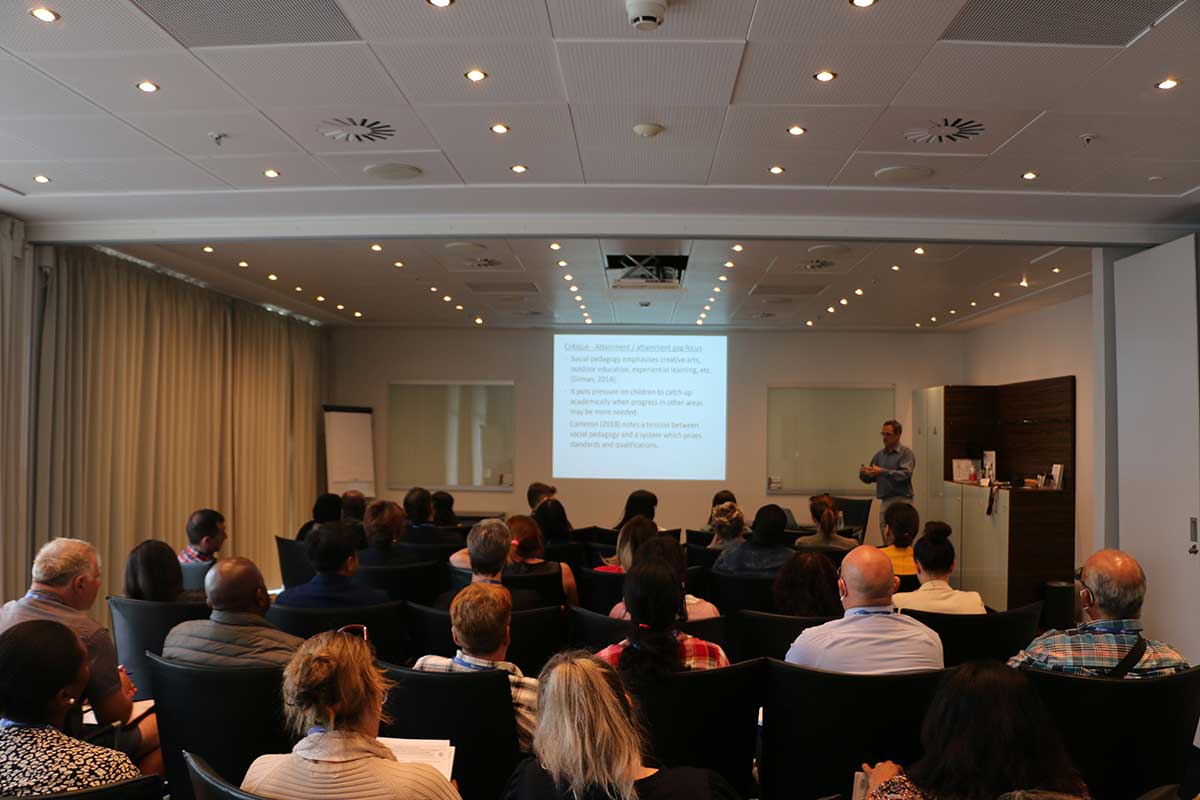We live in a highly fast-paced world. Technologies that seemed like something straight out of a science fiction movie are now commonplace. The way we eat, travel, and even engage with each other has undergone a drastic shift due to mobile technologies. We’ve made break-throughs in the fields of medicine, environmental studies, and neuroscience, just to name a few. In the last decade alone, we’ve detected the first gravitational waves, revolutionized the study of ancient DNA, crossed the outer boundary of the heliosphere, and made hundreds of other scientific discoveries. The fields of science and technology never stop moving. They find new challenges to address and look into better solutions to existing issues – all in the never-ending pursuit of truth.[/vc_column_text][/vc_column][/vc_row]
There is a reason that countries compete for technological and scientific knowledge. It gives an economic advantage and pushes dozens of industries forward. However, commitment to science is a commitment to creating and maintaining the right infrastructure for it. Whether it’s allocating the resources towards research institutions, offering incentives to scientists from other countries to move their research, or ensuring that the way science is taught in the first place is consistently up to date with the realities of the world, the ecosystem that nurtures and facilitates scientific work needs active maintenance.
Let’s talk more about education. It is the backbone of development. It plays a crucial role in the way minds are shaped. Unfortunately, education often lacks behind the demands and realities of the world. While updating a curriculum is not necessarily difficult, coming up with and implementing new ways of educating pose a challenge. Yet, innovation in education, especially when talking about such fast-evolving fields as science, is not only encouraged; it’s instrumental.
Innovation in education inspires lifelong curiosity and drive for knowledge. Whether it’s on the secondary or higher level of education, the way information is communicated to the younger generation, the way they engage with that knowledge, and the way they are encouraged to apply it need to be consistently re-defined in accordance with the changes in the world around us.
The word ‘innovation’ itself means a range of things in the context of education. It means the application of technologies. It means the change in core processes. The way knowledge is delivered, the priorities set for educators, the development of curriculum – these are all aspects of education that can and, often times, should be innovated.
Of course, change is never easy. Abandoning a status quo for the uncertainty of the new is both a logistical and financial challenge. That’s why innovation in education requires a careful, well thought-out approach. It requires research and scrupulous examination of case studies. Research into education and its methods is detrimental. It requires cross-border information sharing and cross-industry learning. An academic event is a fantastic way to exchange ideas, brainstorm solutions, and prioritize challenges. If you work in the field of research on education, there is no better way to get inspired and test your theories than in the international environment of your peers. That’s why we recommend regularly attending and presenting at academic conferences.
To quote Thomas A. Edison, “There’s a way to do it better – find it.”












0 Comments